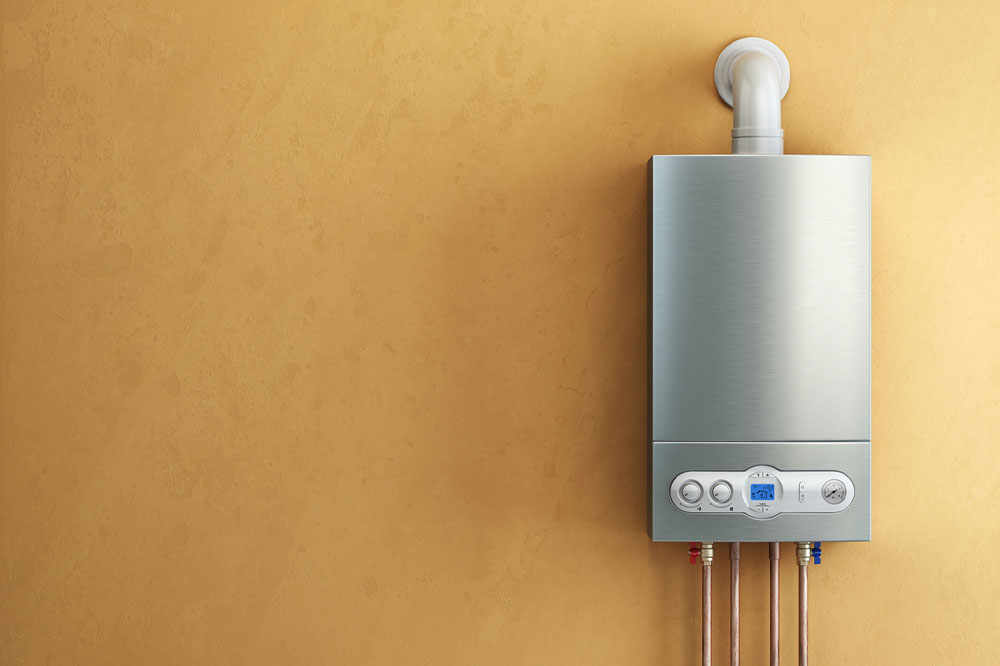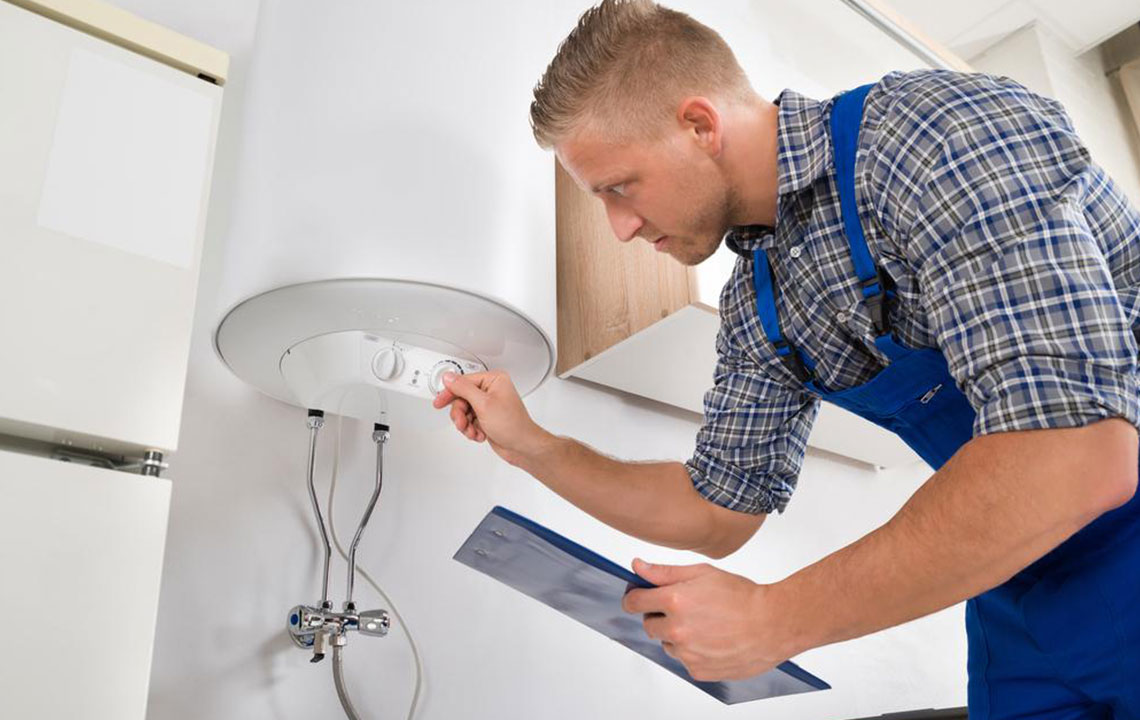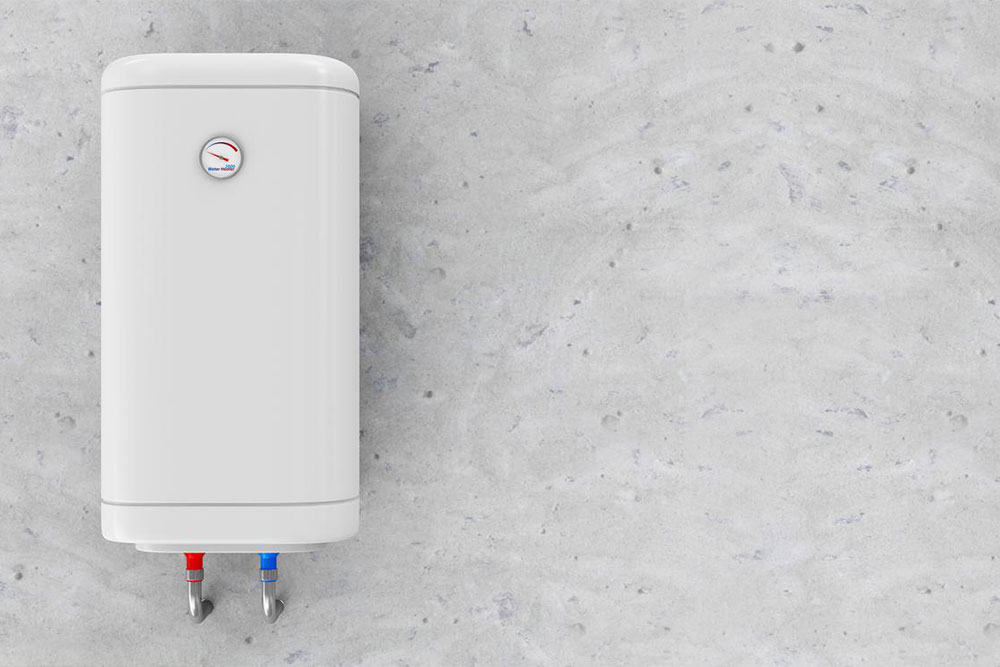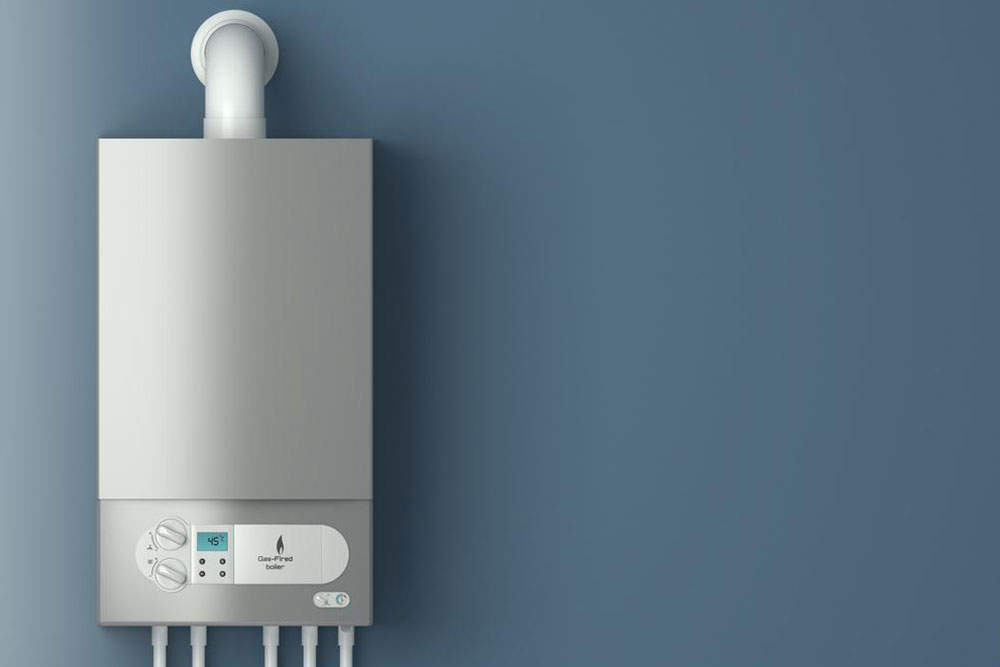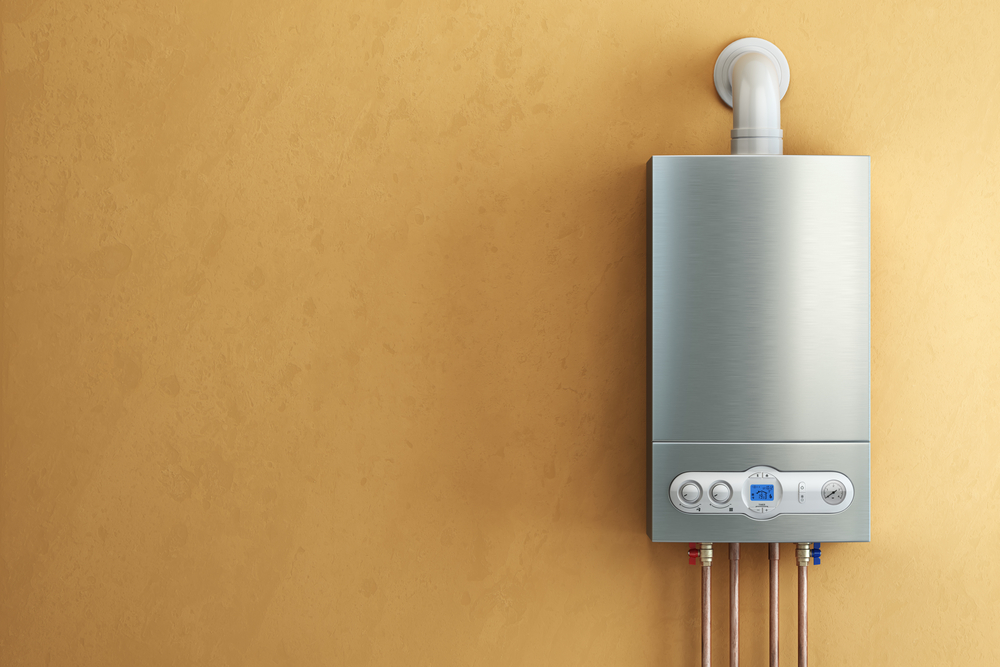Comprehensive Guide to Selecting the Perfect Water Heater for Your Home
This comprehensive guide provides essential insights into selecting the ideal water heater for your home. It covers capacity assessment, fuel options, cost considerations, energy efficiency, professional installation, and maintenance tips. By understanding these factors, homeowners can make informed choices that optimize hot water supply, reduce energy consumption, and lower long-term expenses. Whether upgrading an existing system or installing a new one, this article equips you with the knowledge to select a reliable, efficient, and cost-effective water heating solution tailored to your household needs.
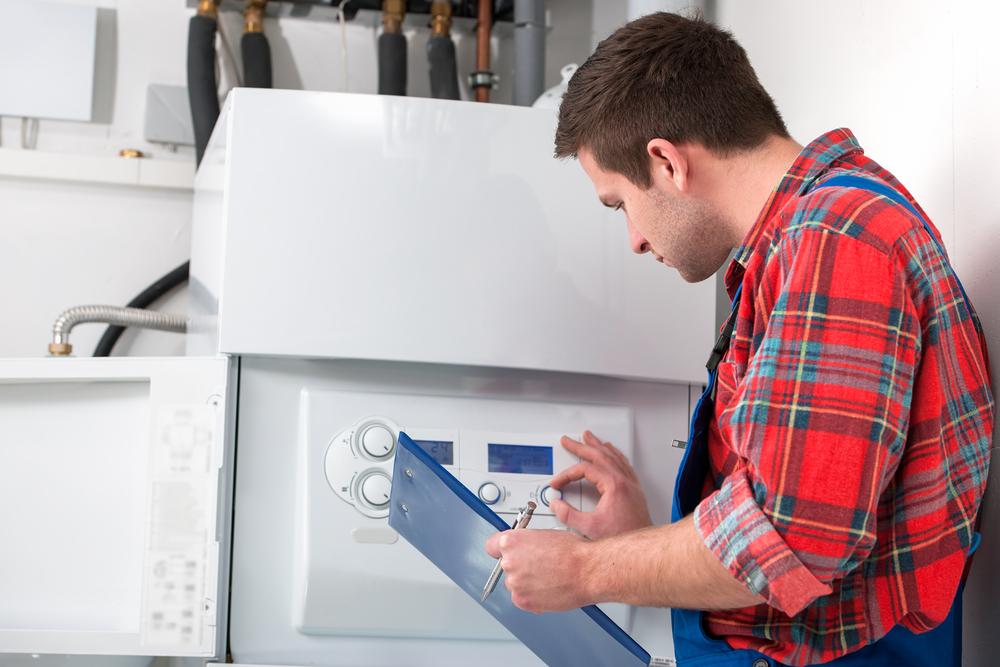
Comprehensive Guide to Selecting the Perfect Water Heater for Your Home
Choosing the right water heater for your household is a crucial decision that impacts your daily comfort, energy consumption, and long-term expenses. With a variety of models, fuel sources, and features available in the market, understanding the key factors involved in making an informed choice is essential. This detailed guide will walk you through every aspect—from capacity and fuel options to cost considerations and maintenance tips—helping you select an energy-efficient and reliable water heating system tailored to your household needs.
Understanding Your Household Hot Water Needs
One of the primary considerations when selecting a water heater is accurately assessing your household’s hot water demands. The size and capacity of your water heating system should correspond with your daily usage patterns, including activities like bathing, laundry, dishwashing, and other household chores. An undersized unit may struggle to meet demand during peak times, resulting in inconsistent hot water supply, while an oversized system might lead to unnecessary energy consumption and higher upfront costs. To determine the appropriate capacity, analyze your household’s average hot water usage, which typically can be calculated based on the number of residents and their daily habits. For example, a family of four generally needs a unit with a capacity of 50-80 gallons, but this can vary depending on specific needs and preferences. Reviewing product specifications and consulting with plumbing professionals can help you identify models that provide the right balance of performance and efficiency.
Choosing the Right Fuel Source
The fuel type powering your water heater plays a decisive role in its operational efficiency, running costs, and environmental impact. Selecting the right fuel source depends on factors such as availability, local energy prices, and personal preferences. Here are some of the most common options to consider:
Electric Water Heaters: Modern electric units, including tankless and hybrid models, are popular for their simplicity, low upfront costs, and compatibility with various homes. They are easy to install and maintain, making them suitable for urban areas with reliable electricity supply. Electric tankless heaters provide on-demand hot water, eliminating standby energy losses associated with storage tanks.
Gas Water Heaters: Both natural gas and propane are widely used for their high efficiency and lower operating costs compared to electric systems. Gas-powered models can heat water more quickly and are often preferred in areas where natural gas infrastructure is available. They include tankless, storage tank, and indirect water heating options, each suited to different household requirements.
Oil-Fired Water Heaters: Although less common, oil-fired systems are still prevalent in regions where oil is readily available. They tend to be more expensive to operate but can offer a reliable hot water supply, especially in rural areas without access to natural gas.
Renewable Energy Systems: Sustainable options like solar water heaters, geothermal heat pumps, and systems utilizing propane or biofuels are increasingly gaining popularity. These systems significantly reduce carbon footprints and can qualify for government incentives, although they may require higher initial investments.
Cost and Energy Efficiency
Financial considerations are vital when selecting a water heater. It's advisable to evaluate both the upfront purchase price and long-term operating costs. While high-efficiency models may come with a higher initial price tag, their lower energy consumption results in savings over the lifespan of the unit. Obtain accurate estimates of installation costs, energy bills, and maintenance expenses to compare different options effectively. Energy-efficient units often qualify for rebates or incentives, which can offset higher initial costs and promote long-term savings.
To ensure optimal performance and minimal energy waste, prioritize selecting models with high energy efficiency ratings. Look for units labeled with Energy Star certifications, which indicate compliance with strict energy efficiency standards. These high-efficiency water heaters are designed to use less energy without compromising hot water reliability, thereby reducing your utility bills and environmental impact.
Professional Installation and Maintenance
Proper installation is critical to maximizing your water heater’s lifespan and performance. Always hire licensed professionals to install your chosen system, as improper installation can lead to safety hazards, reduced efficiency, and damage to your property. Additionally, routine maintenance extends the life of your equipment, ensures safe operation, and maintains efficiency. Regularly inspecting and cleaning components such as the anode rod, heating elements, and pipes will prevent mineral buildup and corrosion. Checking connections for leaks, tightening fittings, and inspecting insulation are simple yet effective upkeep measures.
Furthermore, scheduling periodic professional inspections is recommended to identify potential issues early. Technicians can perform comprehensive tune-ups, check for corrosion, and replace worn parts, thus avoiding costly repairs or replacements in the future. Proper maintenance not only maintains your system’s efficiency but also enhances safety and prolongs the lifespan of your investment.
In conclusion, selecting the right water heater is a decision that demands thoughtful consideration of household needs, fuel sources, costs, and long-term efficiency. By understanding your hot water requirements, exploring available fuel options, and investing in quality installation and maintenance, you can ensure a reliable, energy-efficient hot water supply that meets your household’s demands and budget. Remember, consulting professionals can help tailor the best solution and secure optimal performance from your water heating system for years to come.
